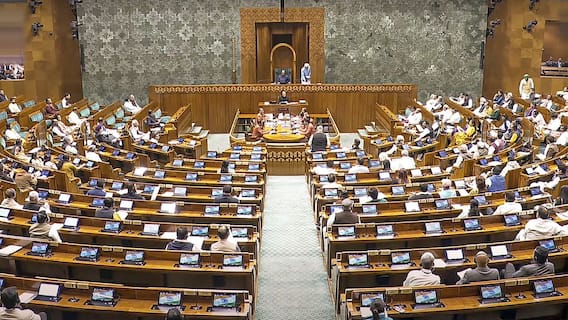Bilkis Bano Case: Supreme Court To Hear Fresh Plea Challenging Remission Granted To Convicts
Bilkis Bano Case: The Supreme Court will hear the plea against remission of sentence and release of convicts with the main petition. The next hearing is scheduled for November 29.

New Delhi: The Supreme Court on Friday agreed to hear a fresh plea moved by a women's organisation, challenging the remission of sentence and the release of convicts in the 2002 Bilkis Bano gang-rape case.
The top court was hearing a plea filed by the National Federation of Indian Women which challenged the remission of sentence and the release of convicts in the case. A bench of justices Ajay Rastogi and C T Ravikumar tagged the matter with the main petition, mentioning that it would be heard along with it, news agency PTI reported.
The 2002 case also involves the killing of seven of Bilkis Bano's family members during the Gujarat riots.
ALSO READ | 'Publicity Interest Litigation': SC Dismisses Plea Seeking 'Fact-Finding Inquiry' Into Taj Mahal's History
On October 18, the Supreme Court stated that the Gujarat government's reply to petitions challenging the remission is very bulky, wherein a series of judgments have been quoted but factual statements are missing, as reported by PTI.
It granted time to the petitioners to file their response to the Gujarat government's affidavit and said it will hear the matter on November 29.
The 11 convicts were sentenced to life imprisonment by a special CBI court in Mumbai on January 21, 2008 on charges of gang rape and murder of seven members of Bilkis Bano's family. Their conviction was later upheld by the Bombay High Court and the Supreme Court.
Bilkis Bano was 21 years old and five-month pregnant when she was gang-raped while fleeing the riots that broke out after the Godhra train burning incident. Her three-year-old daughter was among the seven family members killed.
The 11 men convicted in the case walked out of the Godhra sub-jail on August 15 after the Gujarat government allowed their release under its remission policy. They had completed more than 15 years in jail.
(With Agency Inputs)
Trending News
Top Headlines





































